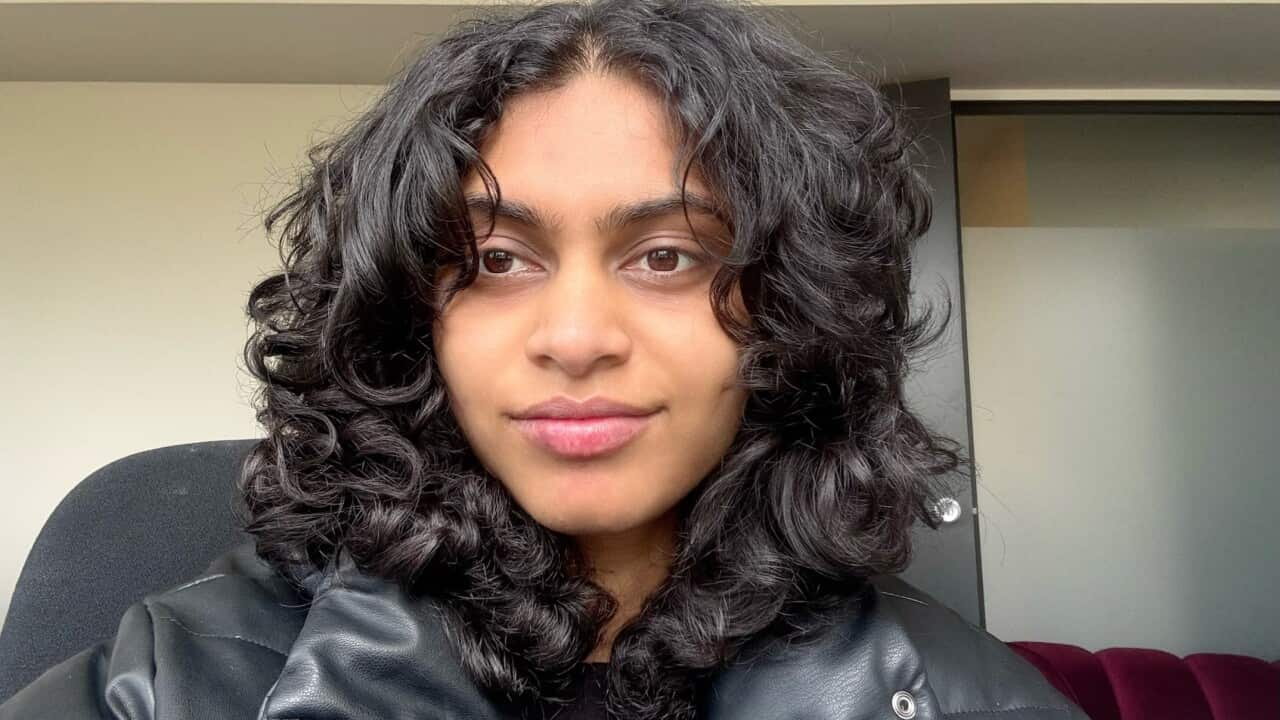Insight speaks with tech enthusiasts and abstainers, and those experiencing tech addictions — asking, are we too reliant on our digital devices? Watch Insight episode Your Brain On Tech on SBS On Demand.
Stream free On Demand

Your Brain On Tech
episode • Insight • News And Current Affairs • 52m
episode • Insight • News And Current Affairs • 52m
Using social media never felt like an active choice for me, rather something I was pulled into.
The more I did it, the more I wanted to keep doing it, and I lost enthusiasm for the things I once loved.
Now I actively pull myself away and I don't allow myself to scroll.
And spending less time online has helped me rediscover a clearer, more intentional version of myself.
Looking back, I was the last person you'd expect to become addicted to my phone.
I was born and raised in India, where my childhood was essentially technology-free.
We didn’t use much tech in school; the focus was on academics and sports. I spent almost all my time outdoors.
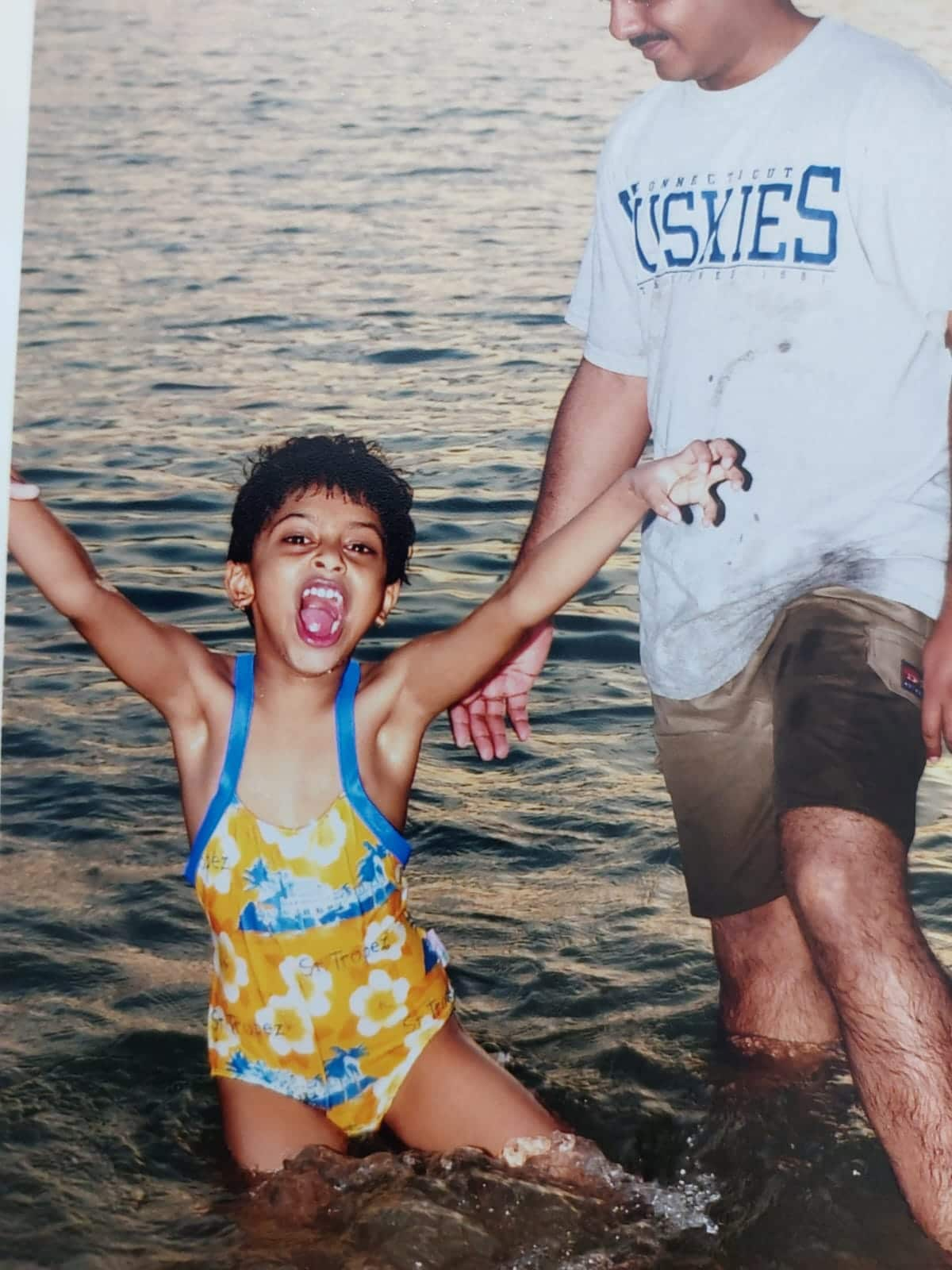
After school, the first thing we did was run downstairs from our apartment to play with friends.
We played hide-and-seek, sports tournaments, or sometimes we just made up our own games or enjoyed a good chat.
I was always surrounded by people. I've learned that bringing people together both energises and relaxes me.
I got my first phone when I was 14, but I barely used it. I only had it because I was constantly travelling with my soccer team. My parents would call my coach or teammates to reach me because my phone was never with me.
I was so stimulated by everything else: playing high-level sports, singing, dancing or just hanging out with different groups of people.
A phone became 'essential'
Then it became a completely different story.
I started to use my phone for everything. The world moved into a space where a phone was essential for connection, information and getting things done.
Everything just became more convenient with it.
Naturally, I was drawn to it too.
When social media took hold, it dragged me in, seemingly without my control.
Before I knew it, I was scrolling and consuming content on a massive scale. I even started watching more TV shows, which is something I never really did as a kid.
Then, during COVID-19, like many people, I found myself doom-scrolling and excessively consuming content.
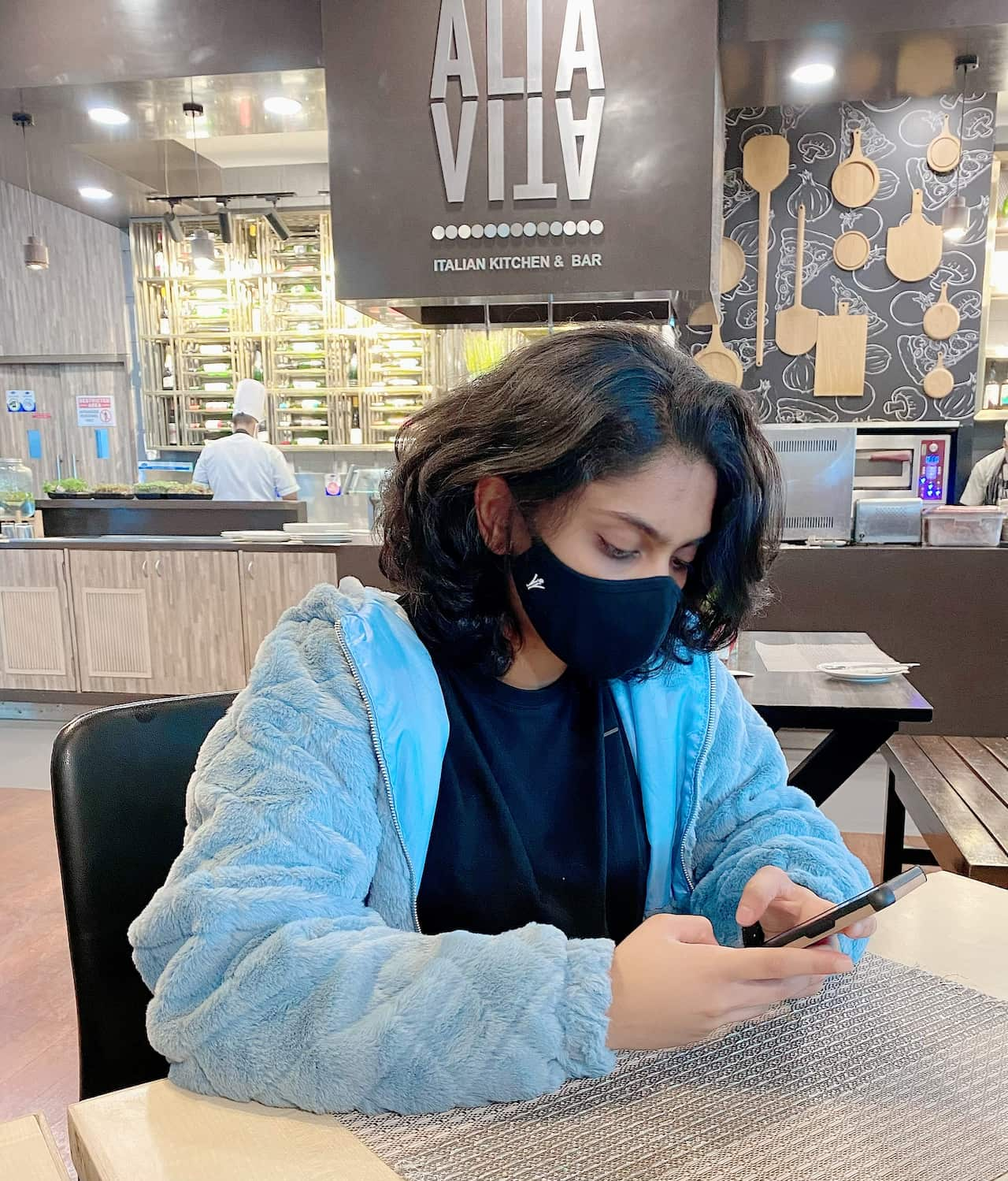
It made me feel terrible and deeply unproductive.
Even though I’m a naturally very social person, there was a moment where I felt like I had forgotten how to talk to people.
That was when I became aware of the drug-like effects of certain aspects of technology, particularly social media.
There was a moment where I felt like I had forgotten how to talk to people.Shivani Damisetti
Stepping into 'a different world'
Since then, I have actively and consistently pulled myself out whenever I realise I’m scrolling on TikTok or Instagram.
I have slowly started carving out more opportunities, and I've been able to get more work done.
My creativity has also soared.
It was in the Netherlands that I stumbled upon The Offline Club, which organises events without technology, allowing people to unplug, relax and connect.
Then last Christmas and New Year, when I travelled to the Netherlands to visit family, I seized the opportunity to attend one of their events in Amsterdam, the city where The Offline Club was born.
It felt like I had stepped into a different world.
The concept is simple: before you enter the cafe or location, you drop your devices in a box at the entrance. No one has access to their phones.
It felt freeing. People were able to connect more organically, on a deeper level, and simply see where the conversation took them.
When I got back to Adelaide, I wanted to kickstart these events here. I wanted to share my experience with people in Australia.
With The Offline Club not yet in Australia, I started organising a few events in a park, offering activities for people to enjoy without technology.
They attracted people ranging in age from their early 20s to their mid-40s.
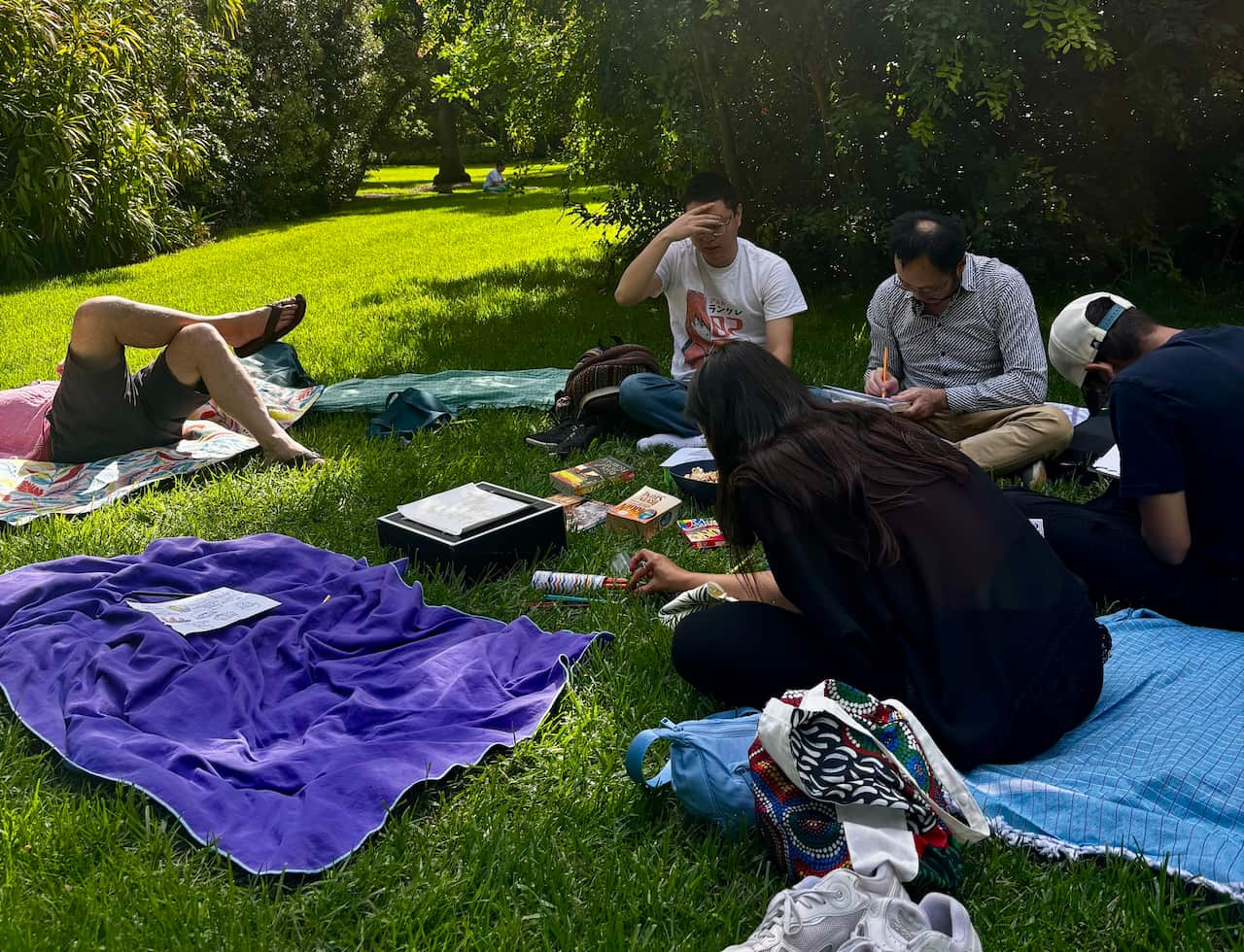
They left feeling detoxed and upbeat, and requested more opportunities to get offline. They told me that not being allowed access to a phone made them more present.
It forced them to enjoy the moment.
The importance of balance
Doing these events makes me feel the way I did growing up — or perhaps I'm simply back to being myself.
It also feels good to help others feel at their best too.
If I were a child today, with the current level of social media influence, I wonder if I would have been as daring to try new things.
The excessive exposure to content might have caused me to be more cautious about what I chose to try.
I might have waited for myself to be 'perfect' or tried to copy certain influencers instead of finding my own way to do things.
I have seen many kids today not try things because they're worried they’ll look bad.
However, I don't think my path would have changed much as long as my parents moderated my phone time.
Exposure to technology is good for learning and generating ideas, provided we use it in moderation.
The optimal balance is using tech to gain knowledge, then cutting it off to enable creativity to flourish.
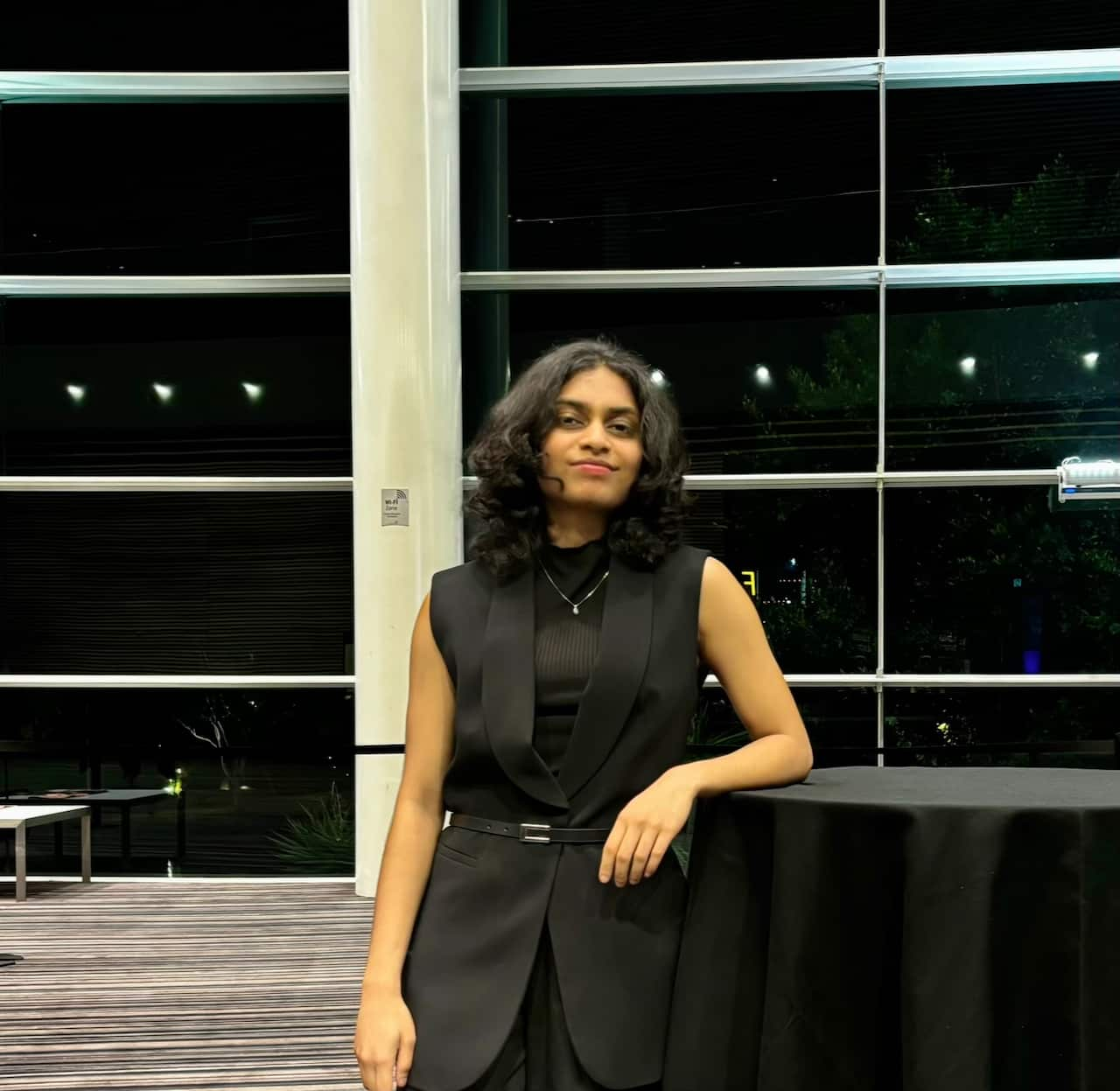
Now that I’ve started to find a balance, I use tech to my advantage, but not in a detrimental way.
For example, I use AI to give me the daily news in the morning tailored to my industry.
But I do not scroll.
I have reclaimed my attention, and with it, my drive to create and connect authentically.
This experience proves to me that our best life happens not in the feed, but right here, offline.
Readers seeking support for mental health can contact Beyond Blue on 1300 22 4636. More information is available at beyondblue.org.au. Embrace Multicultural Mental Health supports people from culturally and linguistically diverse backgrounds.
And for more stories on sex, relationships, health, wealth, grief and more, head to Insightful — an SBS podcast series hosted by Kumi Taguchi. Follow us on the SBS Audio App, Apple Podcasts, Spotify, or wherever you get your podcasts.
For the latest from SBS News, download our app and subscribe to our newsletter.
Insight is Australia's leading forum for debate and powerful first-person stories offering a unique perspective on the way we live. Read more about Insight
Have a story or comment? Contact Us

